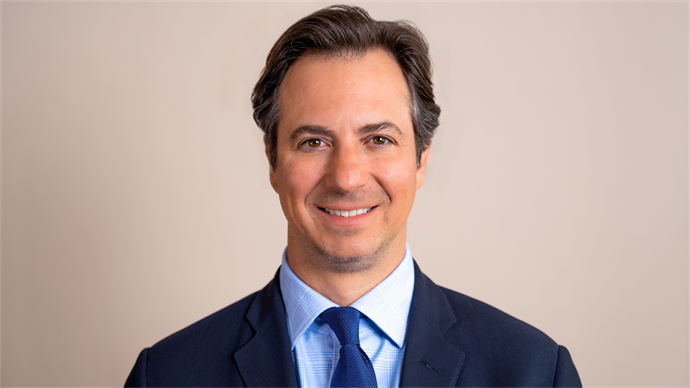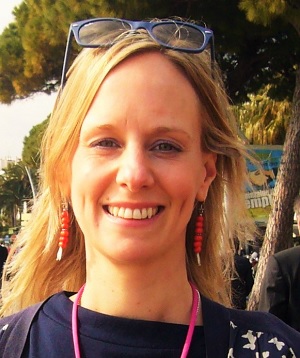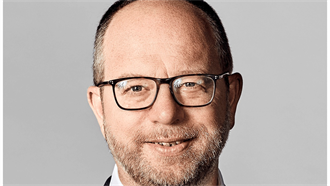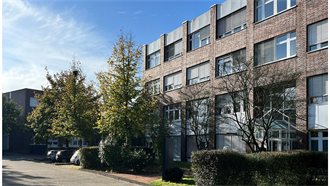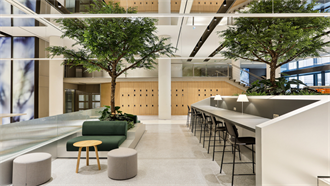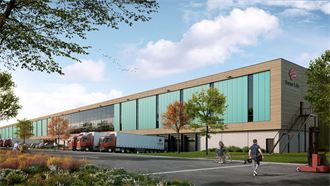Sitting beneath artwork in his elegant office, Michael Bickford is talking about caves.
MAGAZINE: Round Hill Capital’s winning streak
- In Magazine highlights
- 12:06, 28 juni 2022
Premium subscriber content – please log in to read more or take a free trial.
Events
Latest news
Best read stories
-
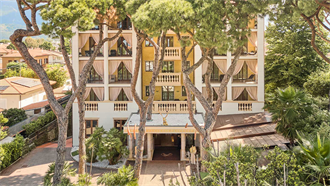
Emaar Properties acquires Grand Hotel Imperiale in Forte dei Marmi
- 25-okt-2024
The Grand Hotel Imperiale in Forte dei Marmi, Italy has been sold to UAE-based real estate company Emaar Properties, owner of renowned buildings such as the Burj Khalifa and the Dubai Mall.


